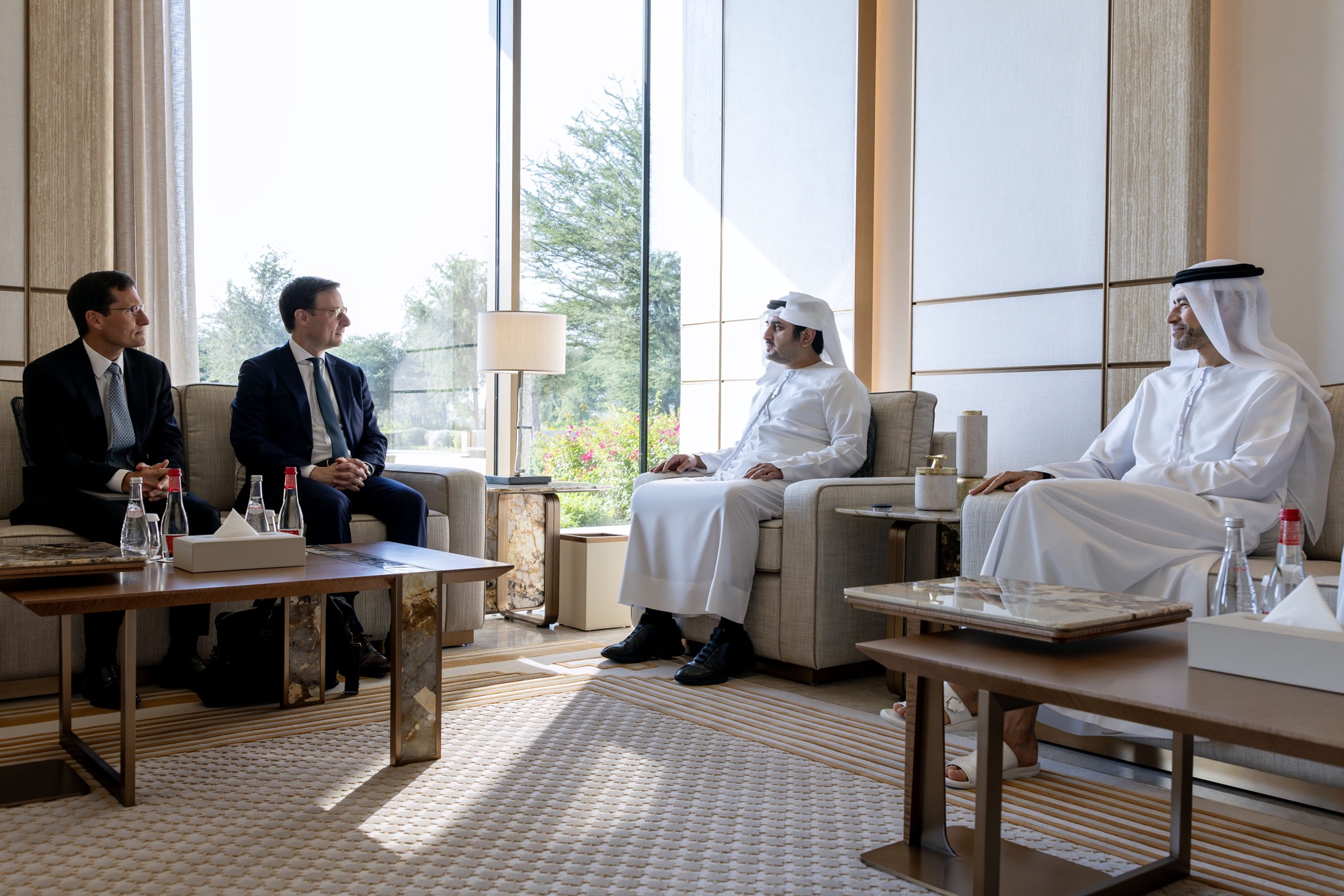Dubai’s beach sands could go green with 100 million mangrove trees in 72km project

Lush greenery could carpet the beach sands of Dubai as millions of mangroves dot 72km of the Emirate’s coastline, according to plans of a project unveiled this week. Billed ‘Dubai Mangroves’, the project envisions planting more than 100 million mangrove trees.
Dubai-based sustainable cities developer URB told Khaleej Times that the project — which is currently in research and development stage — is proposed to be realised by 2040 in six phases.
Renders released by the company show boardwalks over mangrove forests, biospheres, pocket beach parks and social spaces. The project also includes edutainment assets such as a visitor hub, a botanical museum and nature reserve conservation centre. If realised, the massive ecotourism project will see guided nature walks, educational programmes and conservation activities. It also has the potential to create 10,000 green job opportunities, according to the developer.
Potential locations
The company has selected six pilot locations for the Dubai Mangroves project:
- Jebel Ali Beach
- Dubai Marina Beach
- Jumeirah Public Beach
- Umm Suqeim Beach
- Mercato Beach
- Dubai Islands Beach
“Each site offers distinct conditions that are essential for testing different innovative coastal regeneration methods and ensuring the project adapts to varying local needs,” URB CEO Baharash Bagherian said. “Our focus at this time is solely on conducting design studies to assess the project’s feasibility and effectiveness prior to seeking government approvals and partnerships based on these findings.”
This network of mangrove forests will “fortify” Dubai’s coastal defences against the encroaching sea and “create a thriving habitat for countless species of flora and fauna”.
Funding
The project will explore “a mix” of funding sources. “Identifying the most effective financing mix is a key part of the project’s study phase,” said Bagherian. “There are opportunities for businesses and private entities to contribute to or collaborate on the Dubai Mangroves project through sponsorship, investment in carbon credits, or participation in environmental education and conservation efforts. However, at this stage, the key collaboration opportunities are at research level only.”
The company envisages using drones and artificial intelligence-powered technology for mangrove restoration. The drones will be equipped for planting mangrove seeds, while satellite imagery enables the tracking of expansion efforts. AI-driven analytics will help predict outcomes and guide restoration efforts.
“At the heart of this initiative are mangroves, known for their unique ability to sequester carbon, protect coastal areas from erosion, and support for marine life and food security. With the capacity to absorb approximately 12.3kg of CO2 annually per tree, the entire project can sequester 1.23 million tonnes of CO2 each year — which is the equivalent of removing the CO2 emitted by more than 260,000 gasoline-powered passenger vehicles from the roads each year,” the company said.
URB had previously revealed plans for a sustainable floating community for marine research, regeneration and ecotourism called Dubai Reefs. Another project called ‘The Loop’ proposes a 93-km climate-controlled cycle highway around Dubai.


